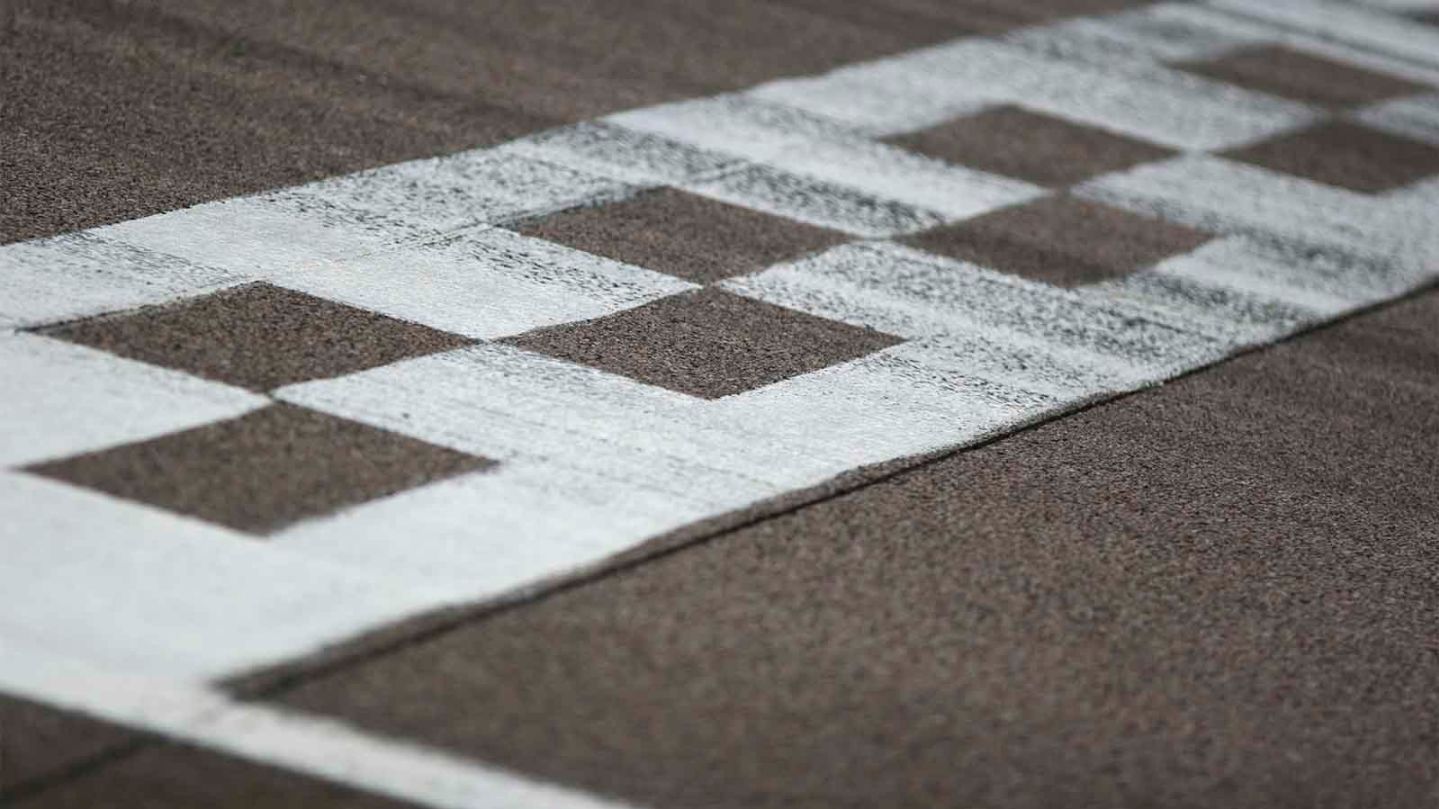The British Grand Prix is expecting its biggest-ever crowd Sunday, but even with 140,000 fans coming through the gates, Formula One’s hierarchy is grappling with how to improve the show.
The world’s fastest sport lost 25 million viewers in 2014, the same year as major new rules focused on engines were introduced.
This week 215,000 global fans, polled by the Grand Prix Drivers Association, described F1 as “expensive, technological and boring.”
The survey added fans wanted increased competition, a relaxing of technical regulations, more emphasis on driver skill and the return of bone-shaking engine noise.
While the F1 fanatics voiced their opinions, the sport’s organizers were also putting their heads together to try to come up with a master plan to revamp the sport.
The Strategy Group, comprised of team principals, representatives from sport’s governing body, the FIA and commercial rights holder Formula One Management (FOM) met at Bernie Ecclestone’s headquarters outside London.
After hours of intense discussion, the group issued a statement on the eve of the British Grand Prix to outline plans for the future of F1.
The document was deliberately vague – it’s not easy to meet the competing interests of F1’s power players – but included the following recommendations.
- Increased restriction on driver aids and coaching which will be rapidly implemented starting from this year’s Belgian Grand Prix, with a particular emphasis on race starts
- An overhaul of the power unit penalties
- Changes to the exhaust system that will improve engine noise for 2016
- An extra power unit per driver in the first year to any new manufacturer, the measure will apply to Honda for the 2015 season
- Increased freedom of choice for tires compounds
- A new set of regulations aimed at achieving faster and more aggressive looking cars for 2017, including wider cars and wheels
- Several exciting and innovative changes to the qualifying and race weekend formats are being evaluated by FIA and FOM for 2016
None of these recommendations can officially be written into F1’s rulebook, however, until they are passed by the F1 Commission and the FIA’s World Motor Sport Council.
The F1 community was busy deciphering some of the nuances of the suggestions on the first day of the British Grand Prix.
With immediate concern was how the racing would change ahead of the Belgian Grand Prix at the end of August.
One suggestion is that drivers could receive less help on the pit-to-car radio and must rely on a reduced level of electronic help and automation at the start of the race.
These proposals are just tiny steps in what could be a long journey to improving the show.
For the fans watching from Silverstone’s sunny grandstands and grass banks, they must rely on track activity providing the excitement this weekend, rather than a future F1 revolution.











